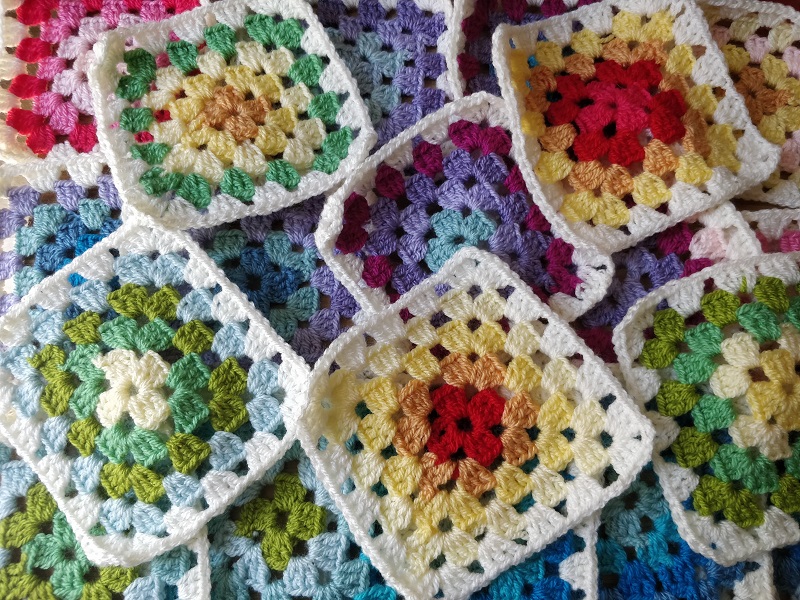DIY: When to Use Bolts vs. Screws

No matter what kind of project you have on the horizon, you need to make sure that you have the right fasteners for the job. Whether it be an industrial project, a construction job, or putting together a large piece of equipment at home, bolts are going to be part of the equation.
But how do you know when to use bolts versus screws? A helpful guide can go a long way toward ensuring that you have a suitable fastener for the job.
What is the Application?
Perhaps the best way to know whether you need screws or bolts from a reputable vendor like RS is to know what the application is. After all, each application requires a different type of fastener to ensure that everything is securely together. Choose incorrectly and you could wind up compromising the structural integrity of the project.
For instance, you might want to use screws for most home projects. Consider that bolts deliver a serious amount of strength when applied and not everything needs heavy-duty torque to get the job done. For lighter or medium-sized projects, maybe framing or fencing, you can stick with screws. Anything bigger and you need to make the move to bolts.
What Material Are You Working With?
Knowing which fastener to use comes down to material as well. Depending on the project, you might be working with concrete, drywall, wood, or sheet metal. Each fastener works better with a specific material type to prevent issues from arising. Material matters in this kind of project so make sure that you have the right fastener to go with it.
For screws, you can use them on drywall, sheet metal, pressboard, deck planks, and plywood. Situations, where you are dealing with beams, concrete (readymix concrete or otherwise), or studs, would require the heavy-duty torque of bolts. Some materials could use either, but make sure you do your homework before beginning the application. Even if you don’t notice issues immediately, they will persist later in the project.
What Bolts Bring to the Table
While screws tend to be much more versatile, bolts have their unique set of benefits. For instance, they provide a seriously secure grip because they have threads that fasten into an accompanying nut. Even better, bolts come in a vast array of sizes and types.
Because of the different sizes available, they can be used for drywall, metal, wood, and concrete, depending on the project. Bolts have unmatched holding power, making them ideal where more torque is required. Just make sure that you have something like a pneumatic wrench to snug them down with the required force to provide a secure fit.
Cost Matters
At the end of the day, cost is going to become an important factor when choosing the right fastener. You may be limited by the type of application, but the cost can help narrow down your choices even further. If you choose the right fastener, it can wind up saving you money in the long run. When you choose the right fastener, you can avoid potential issues from arising. Those repairs can cost you in the long run and could be avoided.
At the end of the day, there are more than a few factors to consider when choosing the right fastener for the job. You can get away with a lot of things using screws but will need bolts for very specific purposes. Wherever you need to be confident of the staying power of your fastener, look toward bolts. It might even be a little overkill but you can trust that those bolts will hold up long-term.





